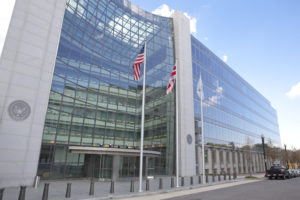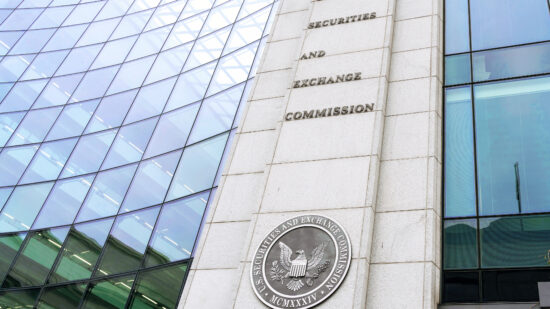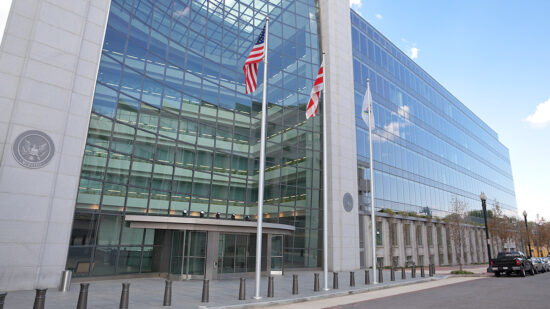The Staff statement provides a framework for broker-dealers seeking to maintain “physical possession” of digital asset securities, emphasizing operational security and risk mitigation.
By Zachary Fallon, Stephen P. Wink, Naim Culhaci, and Deric Behar
Key Points:
The 2025 Crypto Custody Statement clarifies how broker-dealers can maintain “physical possession” of cryptoasset securities under the Customer Protection Rule, although…









